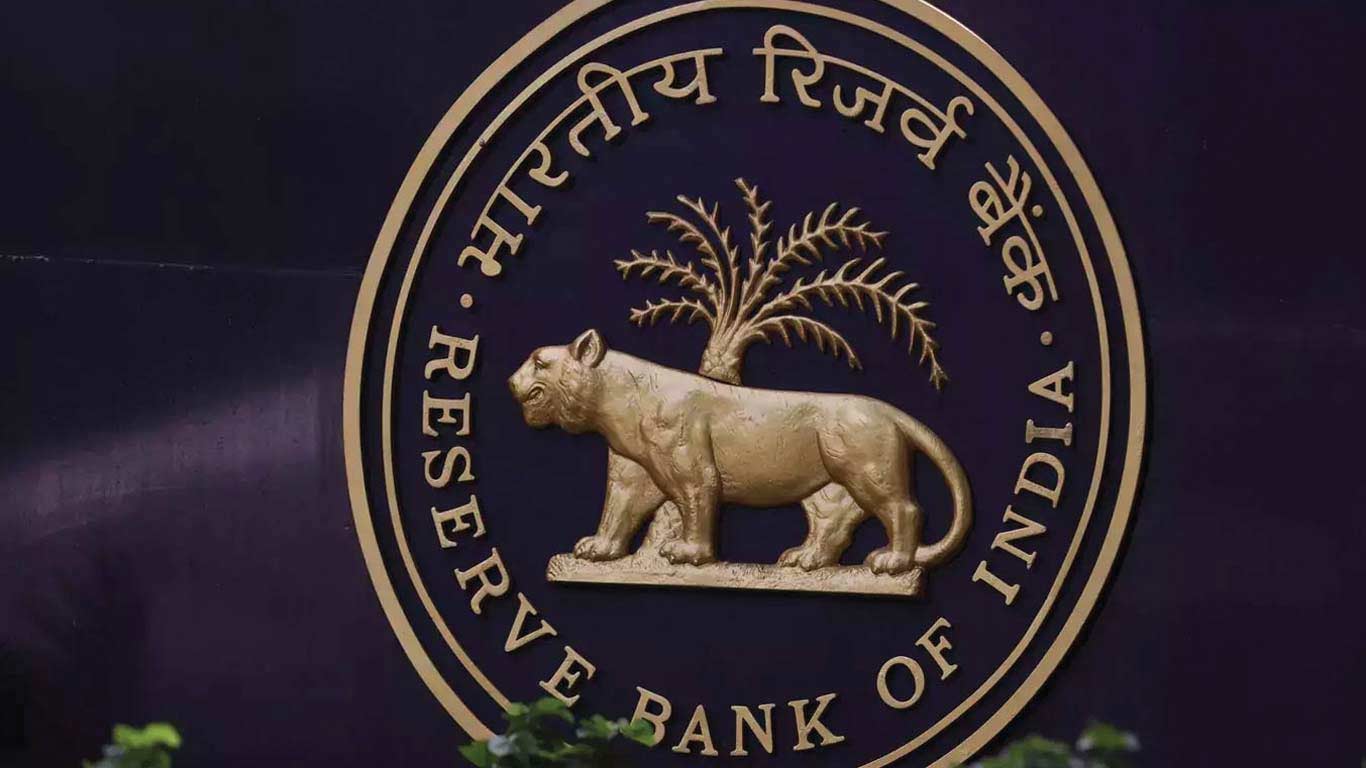
New Delhi, Oct 1 (KNN) The Reserve Bank of India (RBI) on Wednesday, announced a set of measures aimed at easing compliance and providing liquidity support to exporters facing headwinds from the recent imposition of 50 per cent tariffs by the United States on Indian shipments.
RBI Governor Sanjay Malhotra said the measures aim to strengthen the export sector and improve ease of doing business for traders. “The export sector is a vital part of India’s economy,” he noted while outlining the initiatives, reported PTI.
One of the key relaxations is the extension of the time limit for repatriation of export proceeds from foreign currency accounts held by Indian exporters with International Financial Services Centre (IFSC) Banking Units.
Exporters will now be allowed to repatriate funds within three months instead of the earlier one-month requirement.
The RBI said the change is expected to encourage greater use of IFSC accounts and boost forex liquidity.
In a similar move, the central bank increased the permissible period for foreign exchange outlay in Merchandise Trade Transactions from four months to six months.
The measure is expected to provide exporters and merchants with more flexibility in completing trade transactions while maintaining profitability.
To further ease compliance, particularly for small-value exporters and importers, the RBI announced simplified reconciliation procedures in the Export Data Processing and Monitoring System (EDPMS) and Import Data Processing and Monitoring System (IDPMS).
Under the revised guidelines, authorised dealer banks will be allowed to reconcile and close bills valued at up to Rs 10 lakh on the basis of a declaration by the exporter or importer regarding realisation. This, the RBI said, will reduce paperwork and compliance burden for small traders.
Additionally, the central bank signalled plans to rationalise Foreign Exchange Management Act (FEMA) regulations governing the establishment of business presence by non-residents in India.
Key provisions in the External Commercial Borrowing (ECB) framework — including eligible borrowers, recognised lenders, borrowing limits, cost, end-use, and reporting — are also proposed to be streamlined.



